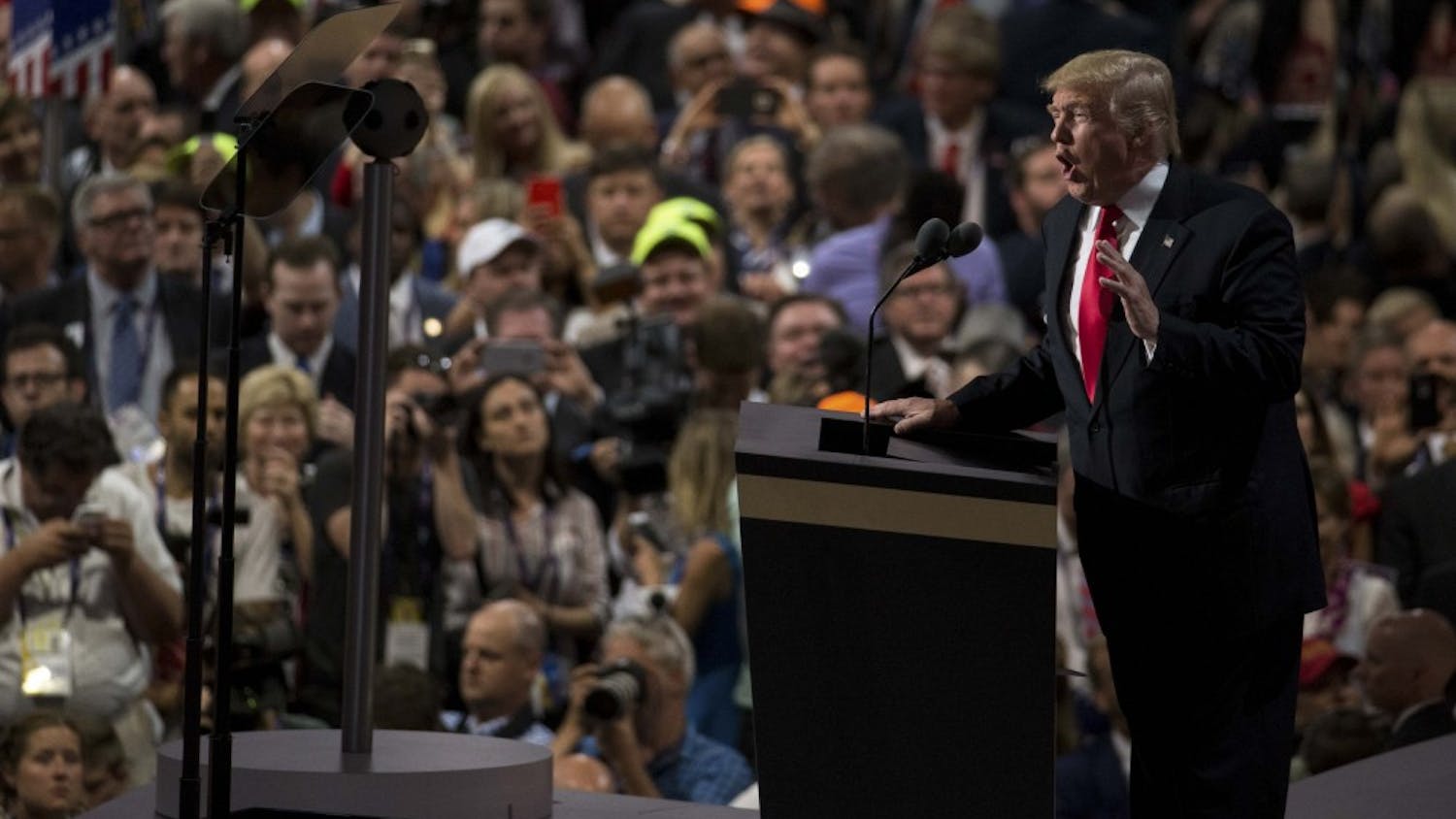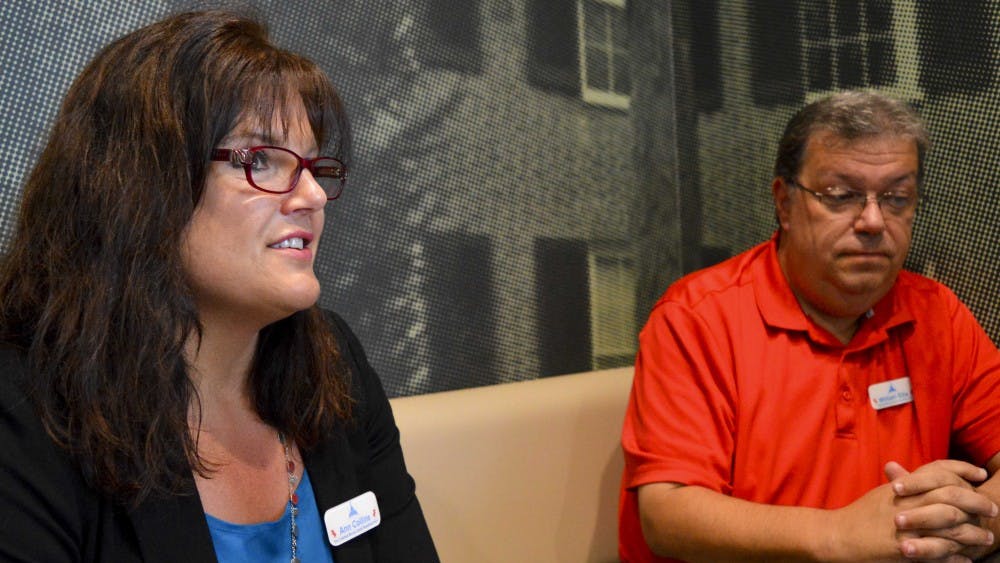INDIANAPOLIS -- Indiana voters will decide tightly contested races Tuesday, with control of the Indiana House and three of the nation's most closely watched congressional districts at stake.\nElection officials and political analysts expect those contests to contribute to a higher turnout than the last midterm in 2002, when 38 percent of registered voters cast ballots in Indiana. About 30,000 people will man the state's 5,500 precincts, with polls open from 6 a.m. to 6 p.m. \nIt will be the first general election in which most voters must show a photo ID issued by the state or federal government to cast ballots. The May primary was the first statewide test of the ID requirement, which the Republican-controlled General Assembly passed into law in 2005.\nSecretary of State Todd Rokita, a Republican seeking a second term, said the law worked well in the primary and he expected the same Tuesday. He said he also did not expect any widespread problems with voting machines.\n"I think it's going to be one of Indiana's finest hours," he said. "I have a lot of faith in Hoosier voters, and I know local election officials have worked very hard to prepare for this election."\nMarion County Clerk Doris Anne Sadler has also said she does not expect major problems.\nHowever, Marion County Democratic Chairman Ed Treacy predicted "mammoth" problems in Indianapolis on Election Day because of a new computerized system in the county.\n"The whole thing could crash," he said Monday.\nDespite Rokita's optimism, his office will have a helicopter available Tuesday so he or other election officials can quickly travel to any place where problems occur.\nBureau of Motor Vehicles branches, which are normally closed Monday, were open and planned special hours yesterday from 6 a.m. to 7 p.m. so those who needed a free state ID could get one.\nElectionline.org, a nonpartisan, Washington-based nonprofit that monitors election reform issues, has identified Indiana as one of 10 states that could experience Election Day problems.\nIt considers Indiana's voter ID law the strictest in the nation and some could claim that the law resulted in fraud or disenfranchisement, especially in highly contested races that are narrowly decided, said Doug Chapin, Electionline.org's director.\nTreacy said that while there were no big problems in the primary, turnout was light, putting little pressure on the system.\nProviding some of the reasons for higher voter turnout are three Indiana congressional races that have drawn significant state and national attention. Democrats hope to knock off three Republican incumbents in their quest to gain at least 15 seats nationwide and take back control of the U.S. House.\nThe national parties and outside groups have spent millions in races that pit 2nd District GOP Rep. Chris Chocola against Democrat Joe Donnelly in a rematch from 2004, 9th District Republican Rep. Mike Sodrel against former Rep. Baron Hill in their third consecutive matchup and 8th District GOP Rep. John Hostettler against Vanderburgh County Sheriff Brad Ellsworth.\nBoth parties had hundreds of volunteers phoning the loyal to remind them to vote and offering rides to the polls, especially in those targeted districts. This week's last-minute push capped months-long get-out-the-vote drives by both parties.\n"We've knocked on an extraordinary amount of doors," said Murray Clark, the state GOP chairman.\nMike Edmondson, executive director of the Indiana Democratic Party, echoed that attitude for his own side.\n"I think the fact that we started over a year ago is just unprecedented," he said.\nBut both major state parties have said control of the Indiana House is their top priority this election. Democrats narrowly controlled the chamber for eight years before Republicans gained a 52-48 majority two years ago.\nThat election gave them control of both chambers, since Republicans added to their wide majority in the Senate. Republican Mitch Daniels was also elected as governor, ending 16 years of Democrats controlling that office.\nWith a GOP-controlled legislature, Daniels was able to get much of his agenda passed. It included a budget that he says is now balanced for the first time in years, tax incentives to help create jobs, statewide observance of daylight-saving time and legislation that allowed him to lease the Indiana Toll Road.\nThe latter two were highly contentious and partisan, with only a handful of House Democrats supporting the time bill and none voting for the toll road lease. Democrats have made them major campaign issues in some races.\nFour statewide contests are on the ballot, with the U.S. Senate leading the ticket. Republican Sen. Dick Lugar is expected to cruise to a sixth term, as Democrats did not field a contender. A Libertarian and a write-in candidate are challenging him.\nOther statewide contests are for secretary of state, treasurer and auditor.
Tight Indiana races make Tuesday's elections count
Some wary of machine problems
Get stories like this in your inbox
Subscribe





